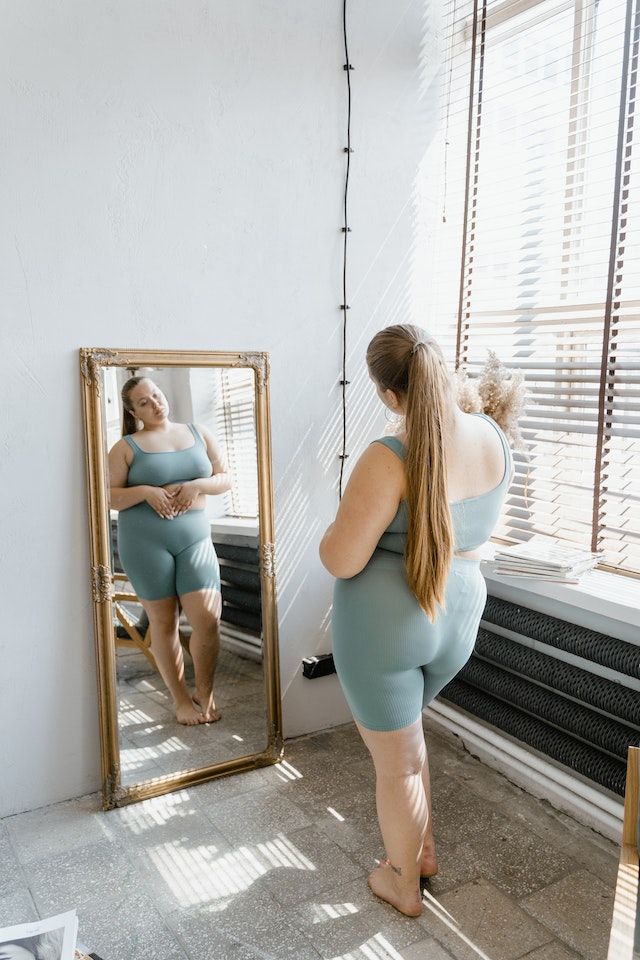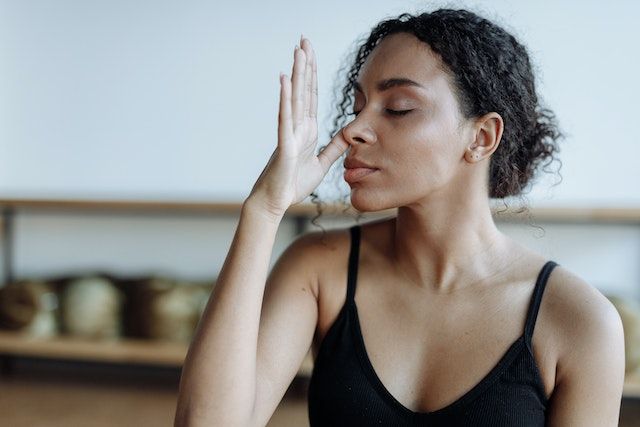How to sing louder: best tips and recommendations
Having trouble projecting your voice while singing your favorite songs? While some people appear to have natural vocal prowess, it's very common to feel anxious or have loudness issues when singing.
You need to develop your singing stamina and an understanding of how sound is produced in order to sing loudly and comfortably without harming your voice.
We'll go through some essential vocal exercises so you can sing louder while maintaining voice comfort and safety.
Learn appropriate singing methods
For louder singing, use your diaphragm
The strength of your voice should not originate from your throat, but rather from deep inside your lungs. You can take deep breaths and regulate your voice by using the diaphragm, a muscle that is connected to your lungs.
Look at yourself in the mirror to make sure you're breathing fully. As you breathe, your shoulders shouldn't shift. Instead, your breathing should just feel like you're pressing down.

Lay down on the ground with a book on your stomach if you're having difficulties controlling your breathing. Take some big, deep breaths and practice raising and lowering this book. When singing, you should breathe in this manner.
Relax the muscles in your neck and mouth
Your musical tone will be off if your neck and jaw are clinched, and it might eventually strain or harm your voice. Your jaw will naturally clench when you start to sing louder in a song, especially on higher notes.
This is due to the fact that your chin will soon begin to rise naturally. Try to aim it downward at the ground. Jaw strain will be reduced as a result. Try to maintain a relaxed jaw.

Avoid expanding your jaw as much as it will go since doing so may cause your throat to seal off, which may prevent you from singing louder.
Take care of your posture
To avoid hunching your shoulders forward, stand up straight. Keep your head as straight as possible. Avoid locking your knees and relax your hands.
If you must sit while singing, keep your shoulders drawn back and your back upright against the chair. Instead of slumping forward, your abdomen should be solid and flat.
Your breathing will be assisted by good posture, which will enhance the tone and projection of your voice.
Exercise your breathing
The ability to breathe deeply will help you build the vocal muscles you require and expand your lung capacity, which will make it easier for you to sing louder. Every day, do breathing exercises. In addition to breathing exercises, it's crucial to have proper posture and do forward placement.

A basic breathing exercise can be: with your hands on your waist, lie on your back. Focus on stretching your tummy from bottom to top while taking a deep breath. If you perform it correctly, your hands should rise up and extend.
When your lungs are pleasantly full, slowly exhale to the count of five. Do this ten times a day. This represents a fantastic approach to reducing anxiety before a performance as well.
Practice your voice
Always warm up the vocal cords before singing, especially if you want to sing louder. Voice exercises can improve your vocal power while preventing muscular injury.
By blowing air through your closed, relaxed lips, practice lip trills. An "uh" vowel sound should be sung. If done properly, you'll notice that your lips trill.
Louder singing when anxious
Know your tunes by heart
It's normal to become a little quiet while you're performing and anxious. Practice your songs until you can sing them effortlessly before your performance.
You may be able to sing loudly and clearly if you feel confident that you are ready. It could even help you relax. Make sure the songs you choose fit your vocal range. Ask your vocal coach for advice if you're unclear whether a song will fit your range.
Breathe slowly and deeply
Avoid taking deep breaths and holding them, even if breathing exercises will make your muscles stronger and allow you to take complete breaths. Simply attempt to breathe normally if you are anxious about singing. Avoid tensing up by maintaining your calm.

Before starting to sing, practice breathing. Simple actions like counting your breaths will suffice. Take a five count inhalation and a five count exhalation, for instance. Keep doing this until you're at ease and prepared to sing.
Consult a voice teacher
Finding a vocal coach is one of the most beneficial things you can do to sing louder. You can get insightful advice on your singing technique from a voice coach.

Having someone inform you whether you are indeed singing louder than before would be helpful. Remember that your teacher is there to assist you in progressing as a vocalist as you pay attention to their advice for enhancement.
Using amplifiers while singing
Direct your singing at the microphone's center
The best range of sound in your voice will be captured when you sing straight into the middle of the microphone. Don't be scared to sing into the microphone, but make sure you still project your voice to the back of the audience.
Ask a buddy or voice instructor to tell you how loud you are while you practice utilizing the microphone. Ask for comments about your loudness.
Lips almost touching the microphone while singing
To get your voice heard by the microphone, you must be right up close to it. If you sing quietly, your lips should be practically touching the microphone. If you sing loudly, your lips should be a few millimeters away from the microphone.

The microphone probably won't be able to pick up your voice if you stand too far away from it.
Make your "P" and "B" sounds softer
Some words might generate a loud popping noise while you're singing near the microphone. When singing words that begin with "P" or "B," move your mouth just a little to one side of the microphone. After the word, turn your attention back to the microphone's center.
Just a little to the side of the microphone will help. If you still get occasional pops when singing, don't panic. With the use of a microphone, this is normal.
Your vocals should be adjusted to the song
Consider the best way to utilize your microphone for each song. Sing the entire song, moving closer to the microphone at the slower, quieter sections and farther away during the faster, louder, or higher-pitched sections.
Take advantage of the microphone. When a song has quieter sections, it may easily boost your voice; alternatively, you can move back a few inches for when you want your sound to truly stand out.

How to sing louder - Conclusion
Your voice might become tired if you sing at an excessive volume for an extended period of time. Straining your voice can alter how you sing, prevent you from doing vocal exercises for a while, and perhaps permanently harm your vocal chords.
Always keep in mind that practice is key, so that you are prepared to raise the volume when necessary without harming your voice.
If you liked this post and would want to read more tips for your music career and general information about the music industry, please visit our blog section.
You're here because you love music, so please try to listen to it together with your friends or strangers, at the same time, connected by webcam in CalypsoRoom.
In CalypsoRoom we believe music is the most powerful tool to bring people together, and for this reason, we developed an online music social network where you can connect with friends or strangers while listening to music simultaneously, connected via webcam.
Are you a music artist or label and do you want to give your music a further dimension? Do you own or co-own the master and publishing rights to your music? If yes, consider to post it on CalypsoRoom: it’s free, you keep 100% of your copyright, you promote your music in a new way, and you get a new revenue stream! Check it out.
Thanks for reading,
CalypsoRoom Team
back
Written by CalypsoRoom Editorial Team
The CalypsoRoom Editorial Team is a skilled and diverse group of writers, researchers, and industry specialists who have access to Calypso's data and information in order to give you broad knowledge about the music industry as well as helpful advice to help you manage your music and dancing career.
Updated January 2023
Company number: 681223
James's Walk 31, Dublin, Ireland
contact@calypsoroom.com
+353 (89) 435 8928





